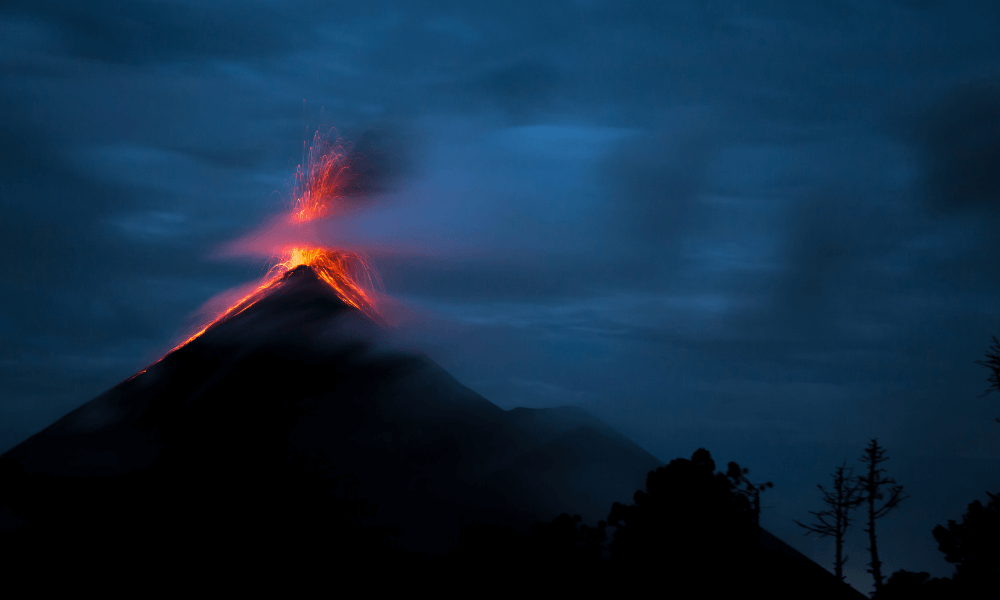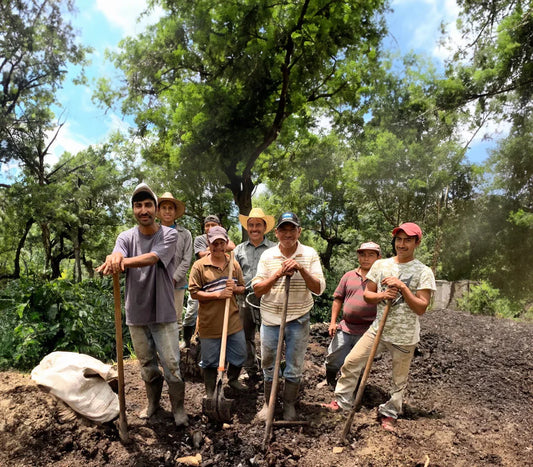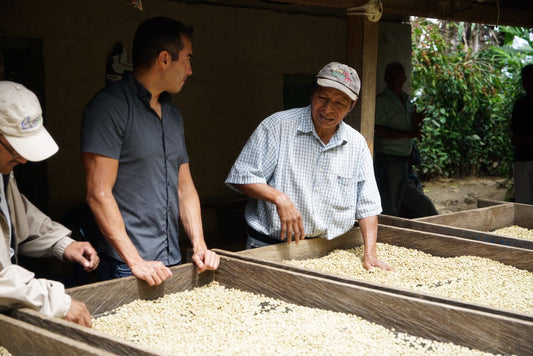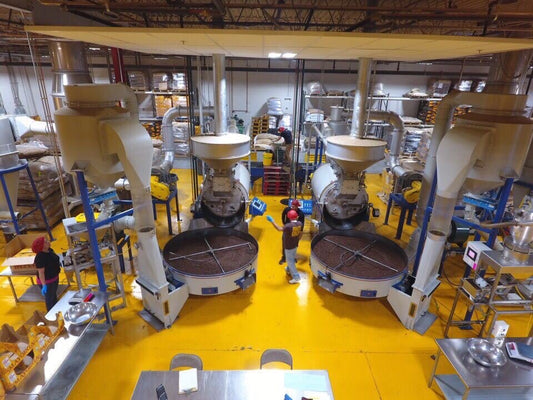
Desenterrando el ardiente tesoro de Centroamérica: los volcanes de la región
Centroamérica es una región bendecida con formaciones geológicas ricas y complejas, entre las que se erigen sus volcanes como brillantes espectáculos.
Saltar a:
América Central se extiende a lo largo del Cinturón de Fuego del Pacífico y se encuentra sobre el punto de encuentro de varias placas tectónicas. La placa de Cocos, la placa del Caribe y la placa norteamericana convergen en América Central. Esto da como resultado un crisol geológico que ha dado lugar a formaciones volcánicas diversas y singularmente distintas, que incluyen estratovolcanes, volcanes escudo y campos volcánicos, cada uno con sus características distintivas.
Cabe mencionar que las formaciones volcánicas de América Central tuvieron importancia cultural para las comunidades indígenas que habitaron estas tierras durante siglos. Los volcanes eran venerados como entidades sagradas, se creía que eran moradas de deidades y puertas de acceso al reino espiritual. Las erupciones y otras actividades volcánicas se consideraban expresiones de omnisciencia (o del poder de los dioses) y, por lo tanto, servían como un importante sello distintivo para los rituales y los ciclos agrícolas.
Volcán de Fuego: un origen guatemalteco
Los paisajes volcánicos de América Central han sido testigos de acontecimientos históricos que han dado forma a la región. Las ciudades y pueblos coloniales, como Antigua en Guatemala, se construyeron cerca de volcanes, ya que el suelo volcánico fértil proporcionaba condiciones ideales para la agricultura. Sin embargo, estos asentamientos se enfrentaron a las devastadoras consecuencias de las erupciones volcánicas, como se vio en la destrucción de San Salvador, una ciudad similar a Pompeya, por la erupción del cercano volcán Santa Ana en 1658.
En Guatemala, el Volcán de Fuego es conocido como el "Volcán de Fuego". Tiene una altura impresionante de 3.763 metros. Si bien se encuentra entre los volcanes más altos del mundo, es relativamente modesto en comparación con gigantes como el Monte Kilimanjaro en Tanzania (5.895 metros o 19.341 pies) o el Monte Everest en el Himalaya (8.848 metros o 29.029 pies). Sin embargo, lo que distingue al Volcán de Fuego son sus constantes erupciones, que contribuyen a su reputación como uno de los volcanes más activos y volátiles del mundo.
Los visitantes del Volcán Fuego pueden realizar caminatas por los paisajes que lo rodean. El ascenso a la cumbre ofrece una vista panorámica del paisaje de Guatemala y de la cercana ciudad colonial de Antigua. María Morales, una residente local, comenta que las erupciones del Volcán Fuego “nos recuerdan el espíritu indomable de nuestra tierra”, donde la vida emerge incluso ante la destrucción.

El Cerro Negro de Nicaragua
Si nos aventuramos más al sur, nos encontramos en el hermoso país de Nicaragua, hogar del Cerro Negro, un enigmático y activo estratovolcán. A pesar de ser uno de los volcanes más jóvenes de América Central, el Cerro Negro ya se ha ganado la reputación de ser la utopía de los adictos a la adrenalina. Ascender por las laderas negras del Cerro Negro ofrece la oportunidad de practicar el volcano boarding, en el que los visitantes se deslizan por las cenizas volcánicas con un trineo de madera a una velocidad increíble. Según Carlos Gómez, un guía de aventuras, el volcano boarding en el Cerro Negro es una “experiencia surrealista [en la que] te vuelves uno con los elementos, entregándote a la energía pura del volcán”.

El Volcán Arenal de Costa Rica
Un viaje volcánico estaría incompleto sin una visita a Costa Rica, un país
Conocido por su compromiso con la conservación del medio ambiente, el Volcán Arenal es un testimonio de la rica biodiversidad de Costa Rica y ofrece a los visitantes una amplia gama de experiencias. Desde caminatas por densos bosques tropicales hasta aguas termales naturales alimentadas por la actividad geotérmica, es un santuario de vida donde la intrincada interacción entre las fuerzas geológicas y los delicados ecosistemas prospera contra viento y marea, como describe la ecologista Luisa Calderón.
Arenal también ofrece un lugar maravilloso para la observación de la vida silvestre. La región es el hogar de monos, perezosos, tucanes y aves tropicales, exclusivas de los trópicos de Costa Rica. El Observatorio y Museo Arenal ofrece exhibiciones educativas que resaltan las erupciones pasadas del volcán y los esfuerzos de monitoreo actuales. Desde el albergue, los visitantes también pueden tener una vista del lago Arenal, que se encuentra en la base del volcán.
América Central es un tesoro de minas de oro volcánicas, cada una con su encanto y significado cultural únicos. Ya sea que los visitantes busquen aventura, una vida salvaje grandiosa o una comprensión más completa de los fascinantes procesos geológicos de la Tierra, estos destinos volcánicos en Guatemala, Nicaragua y Costa Rica ofrecen experiencias inolvidables.


